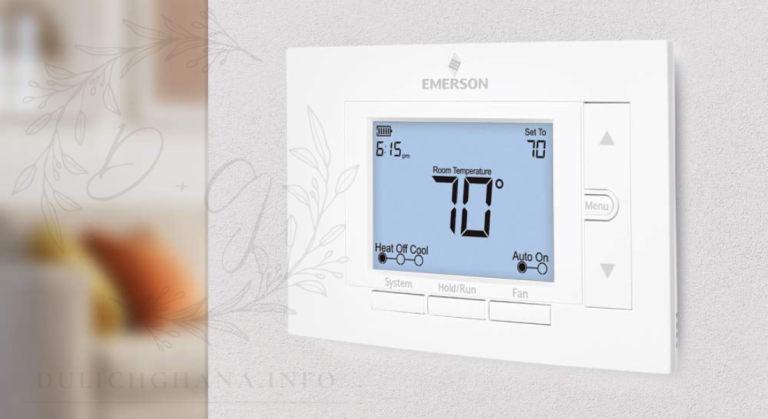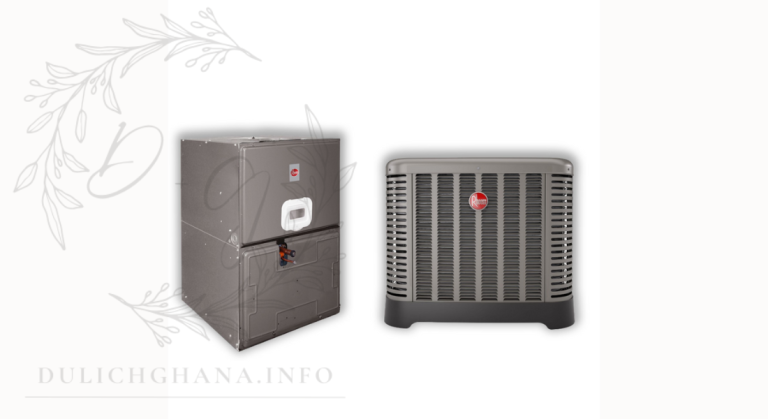
close up.business woman discusses with business team marketing strategy. photo with copy space.
In the hospitality industry, guest feedback is invaluable for assessing the performance of a hotel. Online reviews, surveys, and customer satisfaction ratings serve as key indicators of how well a hotel is meeting its guests’ expectations. With the proliferation of review platforms like TripAdvisor, Google Reviews, and Booking.com, hotels have access to a treasure trove of data that can be analyzed to gain insights into guest experiences and identify areas for improvement. This in-depth analysis of guest feedback helps hoteliers enhance service quality, improve customer satisfaction, and ultimately increase their revenue. Let’s dive into the importance of review insights for hotels and explore how they can transform hotel performance.
1. Understanding Guest Sentiment: What Reviews Reveal
Guest reviews offer a direct window into how travelers perceive a hotel’s services, facilities, and overall experience. By analyzing the sentiments expressed in these reviews, hotels can identify trends and patterns that reveal guest preferences, pain points, and highlights of their stay.
- Positive Reviews: Positive reviews often highlight standout experiences, such as exceptional customer service, comfortable accommodations, or unique amenities. Understanding what guests appreciate allows hotels to continue delivering those aspects that set them apart and leverage them as selling points in their marketing efforts.
- Negative Reviews: Negative reviews provide an opportunity for improvement. Common issues like cleanliness, slow service, or outdated facilities may emerge, offering valuable insights into where the hotel is falling short. Addressing these concerns not only helps in improving guest satisfaction but can also mitigate the risk of future negative feedback.
Through sentiment analysis, hotels can prioritize actions that enhance their strengths and address their weaknesses, ensuring a more satisfying experience for future guests.
2. Key Performance Metrics from Guest Reviews
Hotels can extract various performance metrics from guest reviews, offering a more detailed understanding of their operational strengths and weaknesses. Some of the key metrics include:
- Service Quality: Reviewers often provide detailed accounts of their interactions with staff. Metrics related to service quality might include friendliness, responsiveness, and professionalism of staff. Hotels can use this data to assess their training programs and customer service standards.
- Cleanliness and Maintenance: Cleanliness is one of the most frequently mentioned aspects of a hotel stay. Positive reviews regarding cleanliness indicate high standards, while negative comments may point to lapses in housekeeping or facility upkeep.
- Value for Money: This metric assesses how well guests believe they are getting what they paid for. If reviews consistently mention that the hotel is overpriced for the experience it offers, adjustments may be necessary in either pricing strategy or the level of service provided.
- Comfort and Amenities: Guest feedback regarding room comfort, bed quality, in-room technology, and amenities like gyms, pools, and spas offers insights into whether the hotel is meeting modern traveler expectations.
- Location and Convenience: Reviews also frequently comment on the hotel’s location. Guests may praise convenient access to tourist attractions, business districts, or airports. Negative feedback may include noise, safety concerns, or isolation from key areas.
By closely monitoring these metrics, hotels can create targeted strategies to maintain high standards or make improvements where necessary.
3. Leveraging Review Data to Enhance Hotel Operations
The data gleaned from guest feedback is not just for marketing purposes—it can be a powerful tool for operational enhancement. By dissecting reviews, hoteliers can optimize various facets of their property’s operation. For example:
- Housekeeping: If cleanliness becomes a recurring complaint, hotel management can schedule additional staff training or revise cleaning schedules. Similarly, positive feedback about cleanliness can serve as validation for the housekeeping team’s efforts.
- Front Desk and Service Response: Comments about check-in and check-out efficiency, as well as general service interactions, can guide improvements in staff training, staffing levels, and service protocols to enhance guest satisfaction.
- F&B (Food & Beverage): Guest feedback about the hotel’s restaurant or room service can lead to adjustments in menu offerings, food quality, or service speed.
- Facility Upgrades: If reviews consistently mention outdated decor or malfunctioning equipment, these insights can prompt timely renovations and repairs. Investing in modernizing rooms and public spaces can elevate the overall guest experience.
- Technology and Innovation: Guest preferences for modern amenities such as high-speed Wi-Fi, smart TVs, or contactless check-ins can inform technology upgrades that cater to evolving traveler demands.
By aligning operations with guest feedback, hotels can foster a culture of continuous improvement and ensure that they remain competitive in a dynamic industry.
4. Improving Guest Retention and Loyalty Through Feedback
Hotels that actively engage with guest feedback tend to foster higher levels of guest loyalty. Responding to reviews—both positive and negative—shows that the hotel values its guests’ opinions and is committed to improving the guest experience. Hotels that respond to feedback promptly and professionally create a sense of trust and transparency, which can help turn first-time visitors into repeat customers.
- Addressing Negative Feedback: Responding thoughtfully to negative reviews is crucial for reputation management. Hotels should acknowledge the guest’s concerns, apologize for any issues, and outline the steps they are taking to address the problem. This not only demonstrates accountability but can also persuade prospective guests that the hotel is proactive in resolving issues.
- Encouraging Positive Feedback: Hoteliers can encourage satisfied guests to leave positive reviews by offering incentives such as loyalty points, discounts on future stays, or entry into a giveaway. Positive feedback serves as a powerful marketing tool, as travelers are more likely to book hotels with high ratings and glowing reviews.
- Personalizing the Guest Experience: Feedback analysis allows hotels to better understand individual guest preferences, enabling personalized touches that enhance the guest experience. This could include remembering a guest’s favorite room type, noting special occasions like birthdays or anniversaries, or offering tailored recommendations for activities during their stay.
Building long-term relationships with guests through responsiveness and personalization can significantly boost guest retention and drive loyalty program enrollment.
5. Turning Insights into Marketing Opportunities
In addition to improving operations, guest feedback can also be leveraged to create compelling marketing content. Positive reviews and testimonials can be highlighted on the hotel’s website, social media pages, or in promotional materials. This user-generated content acts as social proof, reassuring potential guests that they’re making the right choice by booking with your hotel.
- Highlighting Unique Selling Points: If guests consistently praise specific aspects of the hotel, such as its picturesque views, signature dining experiences, or exceptional service, these features can be emphasized in marketing campaigns to attract like-minded travelers.
- Creating Review-Based Campaigns: Some hotels create marketing campaigns specifically based on guest reviews, using authentic quotes from past visitors to showcase the property’s best features. This strategy can be particularly effective when targeting new customers, as it builds credibility through real guest experiences.
- Engaging with Online Review Communities: Hotels can actively engage with online travel communities by sharing positive guest experiences, providing tips for upcoming travelers, or offering exclusive deals. This keeps the hotel top of mind while nurturing a community of loyal guests.
Conclusion: Elevating Hotel Performance Through Review Insights
In today’s digitally driven world, guest feedback plays a crucial role in shaping hotel performance. By conducting an in-depth analysis of reviews, hoteliers can gain valuable insights into guest sentiment, track key performance metrics, and make data-driven improvements that enhance operations. Engaging with guest feedback also fosters stronger relationships with customers, boosting guest retention and brand loyalty.
From refining services to creating targeted marketing campaigns, leveraging review insights allows hotels to adapt to ever-evolving guest preferences and stay competitive in the fast-paced hospitality industry. Through the thoughtful application of guest feedback, hotels can elevate their performance, attract new visitors, and keep loyal guests returning for more.






